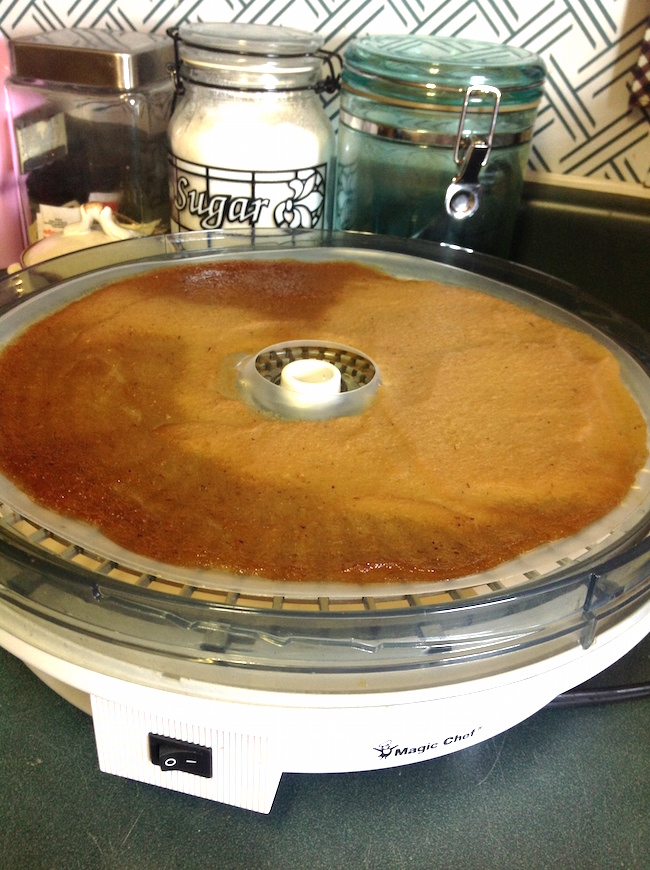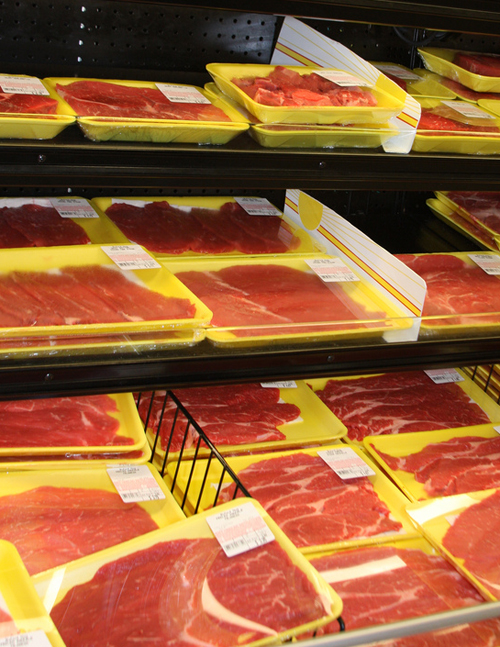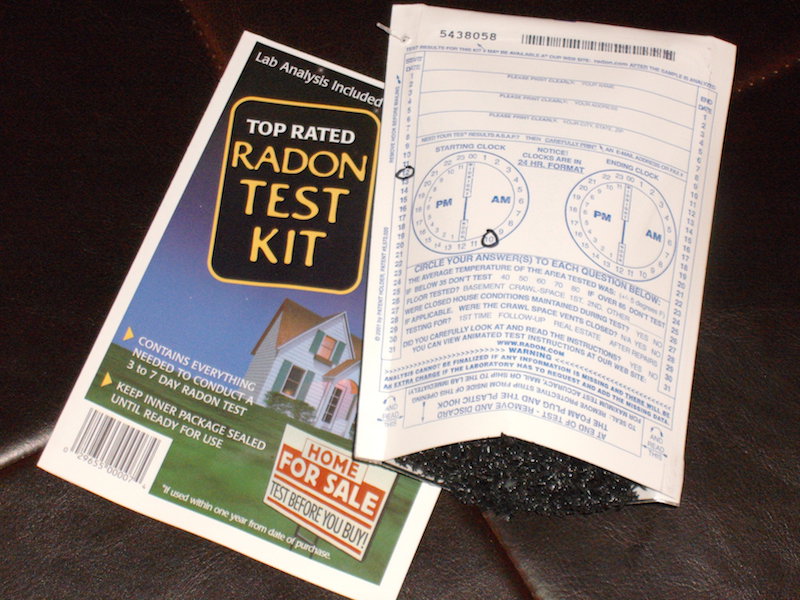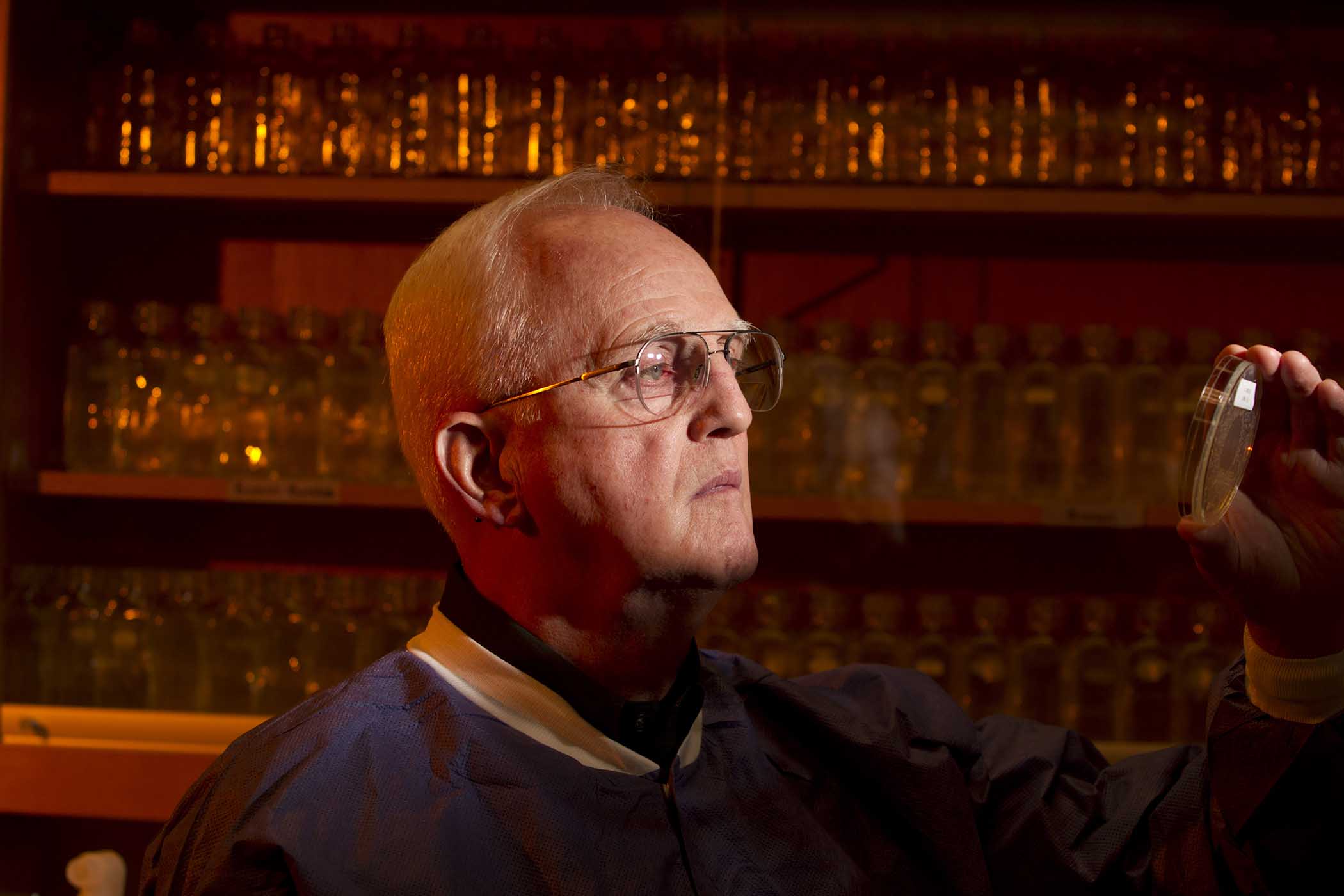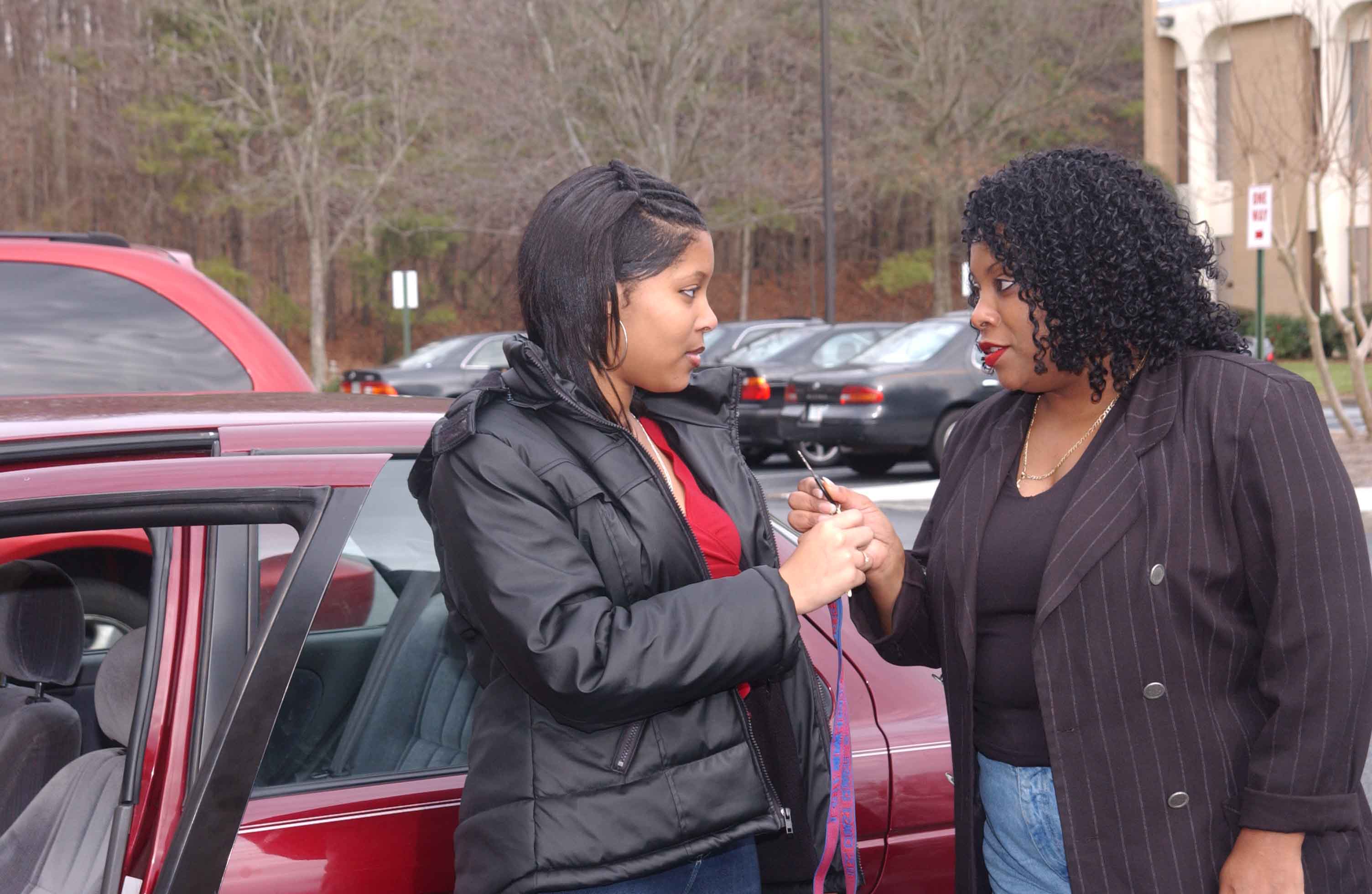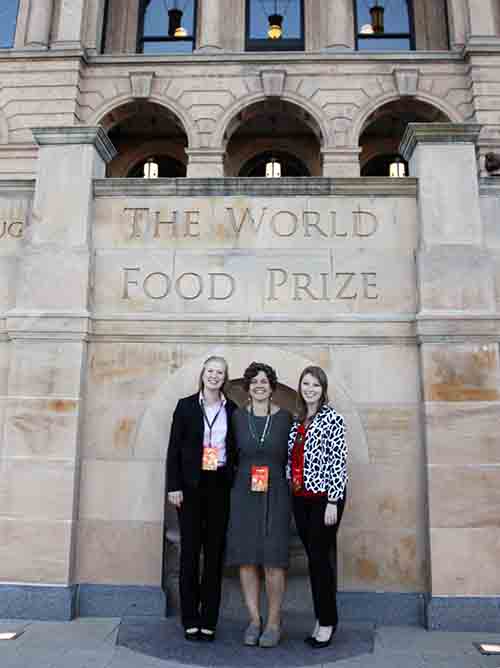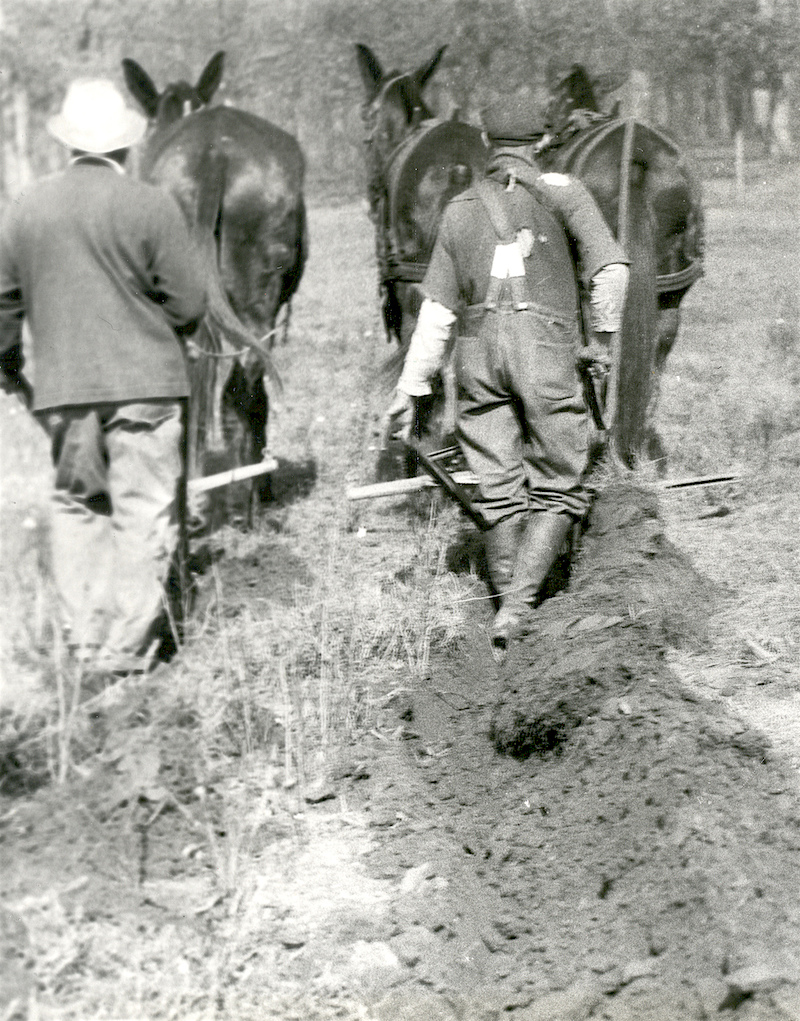 CAES News
CAES News
Farm Exercise
If you grew up on a farm or currently live on a farm, you might not think of adding additional exercise to your routine, as many farm chores require physical activity. Whether you have a small farm, large farm or just a few acres, try to consciously change how you carry out some of your routine tasks in an effort to remain or get physically fit. Your health will improve over time as a result.

